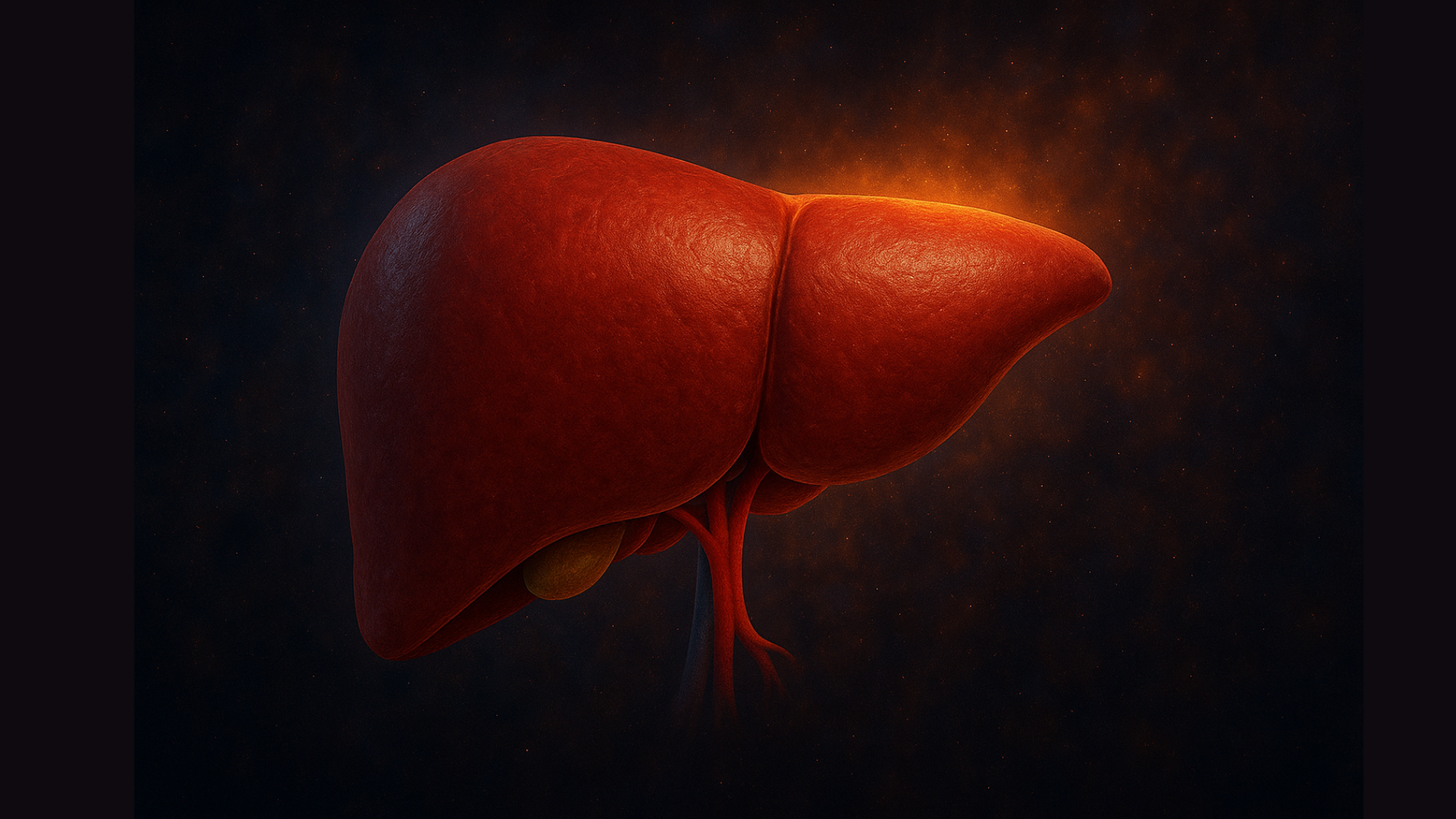IBSAL researcher Ángeles Almeida leads the MedPer_DC consortium, made up of 11 leading research groups and funded with 1.7 million euros by the ISCIII, to validate a tool to help prevent or delay the onset of cognitive impairment.
Clinical and molecular data, protein and genomic biomarkers, behavioral tests, voice and gait studies, and demographic and social variables are being analyzed in a cohort of more than 1,000 people recruited from health centers throughout Spain.
Ángeles Almeida, a researcher at the Institute of Biomedical Research of Salamanca (IBSAL), leads an ambitious national personalized medicine project for the early detection of preclinical cognitive impairment through the development of a predictive risk model.
To this end, the Medper_DC consortium, made up of 11 leading multidisciplinary research groups and funded with 1.7 million euros by the Instituto de Salud Carlos III, is using a panel of multilevel markers (socio-demographic, contextual, clinical, multi-omic and neurocognitive) that will allow, through questionnaires and surveys, liquid biopsy, sensors, voice and gait analysis, computer applications and artificial intelligence-based technologies, to integrate this information into a standardized protocol for early detection of dementias.
“It has been a very important challenge to launch this personalized medicine project with researchers from different areas of knowledge in contact with primary care centers, with which, through the integration of all the data we are collecting and the use of artificial intelligence, we will be able to design a model to predict whether a person is going to suffer cognitive deterioration, which will allow it to be slowed down, as far as possible, with changes in their lifestyle habits. When Alzheimer’s disease is detected, for example, the brain is already very damaged, but if we are able to make a diagnosis as early as possible, preventive measures can be taken, such as physical exercise, which can stimulate the connections between neurons,” explains Ángeles Almeida.
Most cases of cognitive impairment are undiagnosed.
The Comprehensive Plan for Alzheimer’s and other Dementias reveals that more than 50% of cases of cognitive impairment are undetected, a figure that rises to 90% in the case of mild dementias, whose prevalence continues to increase in Spain and is estimated to affect 700,000 people over the age of 40 in 2050.
In this context, having a predictive model of development as sensitive as possible, which is associated with a high probability of developing dementia, will allow its monitoring to try to prevent or delay its onset, because, as the principal investigator of the project adds, “now when the deterioration is detected it is already irreversible”.
To achieve this, this multicenter observational study has recruited a cohort of 1050 people, aged between 55 and 70 years, in the Primary Care (PC) network in rural and urban areas of six autonomous communities (Andalusia, Castilla-Mancha, Catalonia, Valencia, Madrid and the Basque Country) and, specifically, in the provinces of Huelva, Albacete, Barcelona, Lleida, Alicante, Madrid and Vizcaya. Through a 16-month follow-up, clinical and molecular data, protein and genomic biomarkers, behavioral tests, voice and gait studies, and demographic and social variables are being collected and analyzed by 101 researchers, including 11 epidemiologists and biostatisticians, 9 mathematicians, 56 clinicians and 24 basic researchers, in addition to the principal investigator of the proposal.
Preventive model against dementias
Although the sample collection process has been complicated, given the enormous pressure on primary care, the involvement of the professionals has achieved the desired results”.
In fact, the final objective is that the conclusions of the MedPer_DC model, agreed upon after the research and the forums to be held on the subject with the autonomous communities, will be presented to the Ministry of Health in order to draw up a strategy for implementation in the National Health System.
“The ideal would be to have a screening model for cognitive impairment in the future, for example, from the age of 60, because it will save the system a lot of money. Life expectancy is increasing and it is not the same to maintain a population for more years in a healthy way than with dementia, because it not only affects the patient and the family, but society as a whole, and the cost is very high,” concludes Ángeles Almeida.
Consorio, IMPaCT and ISCIII biobank
The Medper_DC consortium consists of clinical and basic researchers with the experience and common goal of implementing personalized medicine for cognitive impairment in the clinic. There are 11 research groups with expertise in medicine, nursing, physiotherapy, chemistry, biochemistry, biology, pharmacy, biotechnology, engineering and statistics/mathematics to develop this synergistic proposal. All are part of various networks and platforms funded by ISCIII and/or stable consortia funded with national and international groups: IBSAL, ISCIII, UCM, CIBERFES, FIDMAG-CIBERSAM, IRBLleida, ISABIAL, FIIBAP, UC3m, GTM_UVIGO and CIBERESP.
In addition, the very large volume of data that will be generated by this project will be integrated into the IMPaCT platform (Infrastructure for Precision Medicine associated with Science and Technology) and part of the sample will be stored in the ISCIII biobank for future projects, which will ultimately translate into important benefits for Spanish and European public health.
The IBSAL
The Institute of Biomedical Research of Salamanca (IBSAL) was established on March 21, 2011 through an agreement signed by the Ministry of Health of the Regional Government of Castilla y León and the University of Salamanca, which was joined in February 2012 by the Spanish National Research Council (CSIC). It integrates and coordinates the biosanitary research carried out at the University Hospital of Salamanca, the Primary Care Management of Salamanca and the biosanitary area of the University of Salamanca, including the Institute of Neurosciences of Castilla y León and the Institute of Molecular and Cellular Biology of Cancer.
Its scientific activity is structured in six areas, with a total of 85 research groups: Cancer (23 groups); Cardiovascular, Renal and Respiratory (11); Neurosciences (12); Infectious, Inflammatory and Metabolic Diseases (19); Gene and Cell Therapy and Transplants (6) and Primary Care, Public Health and Pharmacology (14).
More information and contact:
comunicacion@ibsal.es



